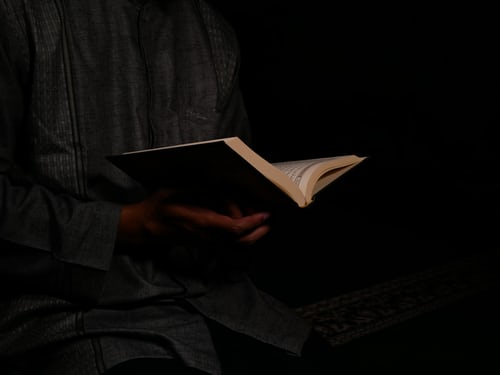Inspiring Older Readers
 posted on 01 Aug 2021
posted on 01 Aug 2021
Berlin Finale by Heinz Rein
I had great hopes of the recently republished ‘documentary novel’ Berlin Finale by Heinz Rein, first published in 1947 and now available in a modern translation by the highly acclaimed Shaun Whiteside in the Penguin Modern Classics series.
Rein was a prominent writer in what has become known as the ‘rubble literature’ movement – trümmerliteratur – Germans who wrote about post-war rebuilding and the unimaginable physical, economic, social, human and moral cost that Nazism exacted. Rein’s book was a best seller on its original publication but subsequently fell out of print and largely disappeared.
That it became a bestseller says something about the hunger which must have existed in the immediate post-war years for literature that would enable a better understanding of the human cost of Hitler’s Thousand Year Reich. I can’t help but wonder how many of those early readers were able to finish the book. It is the first significant book about the second world war that I have given up on in an awfully long time, and I still feel a little guilty admitting this.
A hugely detailed account of the fall of Berlin, the collapse of the Reich and the end of the war promises a vast amount, and on the surface Berlin Finale delivers on this promise. There is no aspect of civilian life in the capital of the Reich that is not touched on as the novel follows the fortunes of a handful of key characters who for various reasons are living clandestinely. They include a deserter, resisters engaged in sabotage, a prominent trade unionist leader, and others whose causes are perhaps less exalted but who are no less courageous in resisting the poison of Nazism. At worst they live in fear of betrayal, capture, torture and death. At best they are likely to find themselves forcefully conscripted into the doomed armies of the young, old and infirm who must defend Berlin as Russian troops and tank regiments advance.
I’m fairly certain that there is no comparable account conducted on such an epic scale. The nearest comparison I can think of is Hans Fallada’s Alone in Berlin, also originally published in 1947 and also relatively recently rediscovered and newly translated. Some comparison of the two books is instructive.
One must first of all acknowledge that what Fallada is attempting in Alone in Berlin is very different to Rein. Fallada takes a real historical instance of popular resistance to Nazism and turns this into genuinely thrilling fiction – fiction that is also serious in purpose, morally instructive and historically important. But Fallada’s objectives are limited and it may well be this narrower focus that makes it possible for the magic transformation into fiction to succeed.
By comparison, Berlin Finale has no limits. The catastrophe of Nazism that Rein seeks to convey is so vast and all encompassing, its horrors so seared into his consciousness, that no detail is too insignificant to include. Ultimately, the book simply contains too much and the dramatic shape and momentum that fiction requires sink under the weight and density of documentary detail. The telltale signs are most evident in the vast stretches of explicatory dialogue – often wooden, immensely detailed, and frequently in the mouths of characters for whom such speech-making would be unlikely.
Berlin Finale is an important book and a valiant one. Buried inside its nearly-700 pages is a devastating account of the human costs of National Socialism and its consequences for the German nation. But it doesn’t work as fiction. This is not to say that it fails due to any lack of seriousness or moral purpose. Far from it. It fails, I think, because ultimately the awful responsibilities of the task Rein set himself and the almost superhuman efforts required to complete it resisted its metamorphosis into art.
But for God’s sake don’t take my word for it. Your experience may be very different – and it is a book that deserves to be read.
Alun Severn
August 2021
Selected war writing elsewhere on Letterpress
Rereading John Hersey’s Hiroshima
Officers and Gentlemen by Evelyn Waugh
Story of a Secret State: My Report to the World by Jan Karski